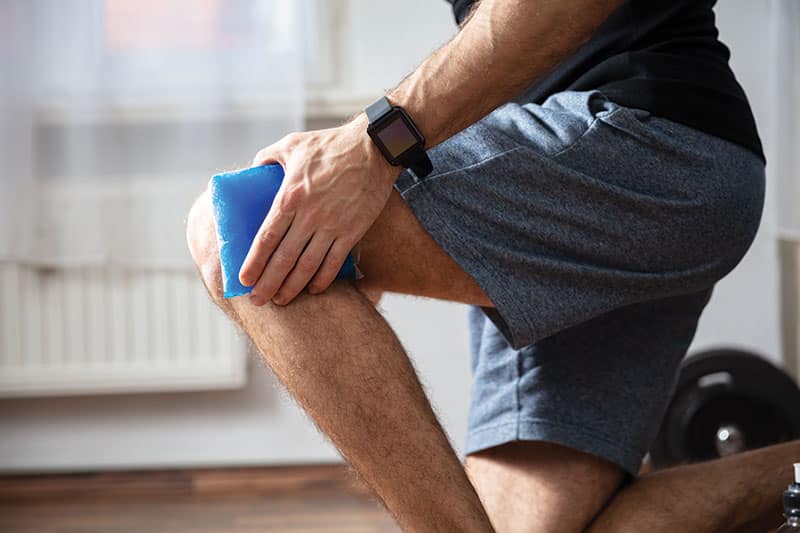Know the signs to avoid this silent threat
Vascular disease can hide in plain sight. It often goes undiagnosed for many years because patients have no or very few symptoms, according to Manavjot Sidhu, MD, FACC, RPVI, medical director of cardiology administrative services at Methodist Dallas Medical Center.
The vascular network of veins and arteries extends throughout the body and covers many different organ systems. So when patients develop symptoms of vascular disease, they can manifest in unusual ways in a number of different areas.
Vascular disease that goes unchecked can lead to serious, life-threatening medical emergencies, such as heart attack and stroke. To stay ahead of the curve, watch for the following symptoms that might indicate you have vascular disease.
- Aching or cramping in the legs can be an indication that you’re suffering from peripheral artery disease (PAD), a condition where the extremities don’t receive the proper amount of blood flow because of a narrowing and hardening of the arteries due to fatty deposits (atherosclerosis).“This type of pain is especially common in the calves,” says Robert Corn, MD, RPVI, a vascular surgeon on the medical staff of Methodist Dallas. The pain associated with PAD can be caused by walking or another form of exercise, or completely unrelated, according to Dr. Sidhu.
- Cold hands and feet could also point to PAD or blocked blood vessels in the arms and legs. “Patients may feel that their hands and feet are cold even though it’s hot outside,” Dr. Sidhu says.
- Hair loss on calves can be a sign of vascular disease progression. “There’s just not enough blood flow to support hair growth,” Dr. Corn says.
- Wounds that won’t heal or heal poorly, especially on the feet, can also be a sign of vascular disease. “Many people don’t anticipate this symptom,” Dr. Corn says. “People might stub their toe, and there’s not enough blood flow to heal it sufficiently.”
- Uncontrolled blood pressure can happen when there are blockages in the vessels that supply the kidneys with blood. “Sometimes patients present to the hospital with shortness of breath due to flash pulmonary edema,” Dr. Sidhu says. That’s a serious medical condition where the lungs fill with fluid as a result of the blood vessel blockages to the kidneys.
- Becoming full quickly with small amounts of food or abdominal cramps, especially after eating, could indicate that there is a blockage of the blood vessels to the gut area, according to Dr. Sidhu.
- Pain in buttocks or impotence in men is often due to poor blood flow to the pelvic area, Dr. Corn says.
Vascular disease that goes unchecked can lead to serious life-threatening medical emergencies such as heart attack and stroke.
With such a broad spectrum of symptoms, vascular disease isn’t always the first diagnosis that comes to mind for many healthcare practitioners.
“Once we do some investigating with vascular ultrasound and see differences in the blood flow, that’s our ‘aha’ moment,’” Dr. Sidhu says. “These symptoms are caused by critical blockages in the blood vessels.”
That’s why he recommends patients who experience any of the above symptoms consult with a specialist trained in cardiovascular care.
Curious about your heart health? Take our quiz.

